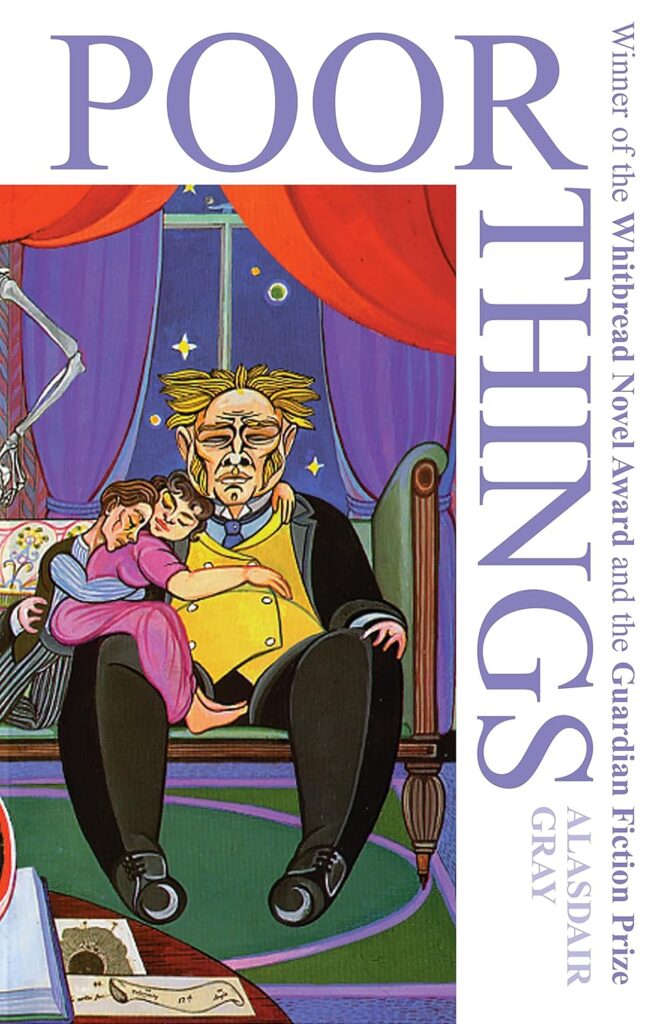
In our weekend reading: exploring the fiction of Alasdair Gray, a playlist from Mallory Smart, and more.
“Deadlines Scare the Hell Out of Me”: An Interview with Mallory Smart
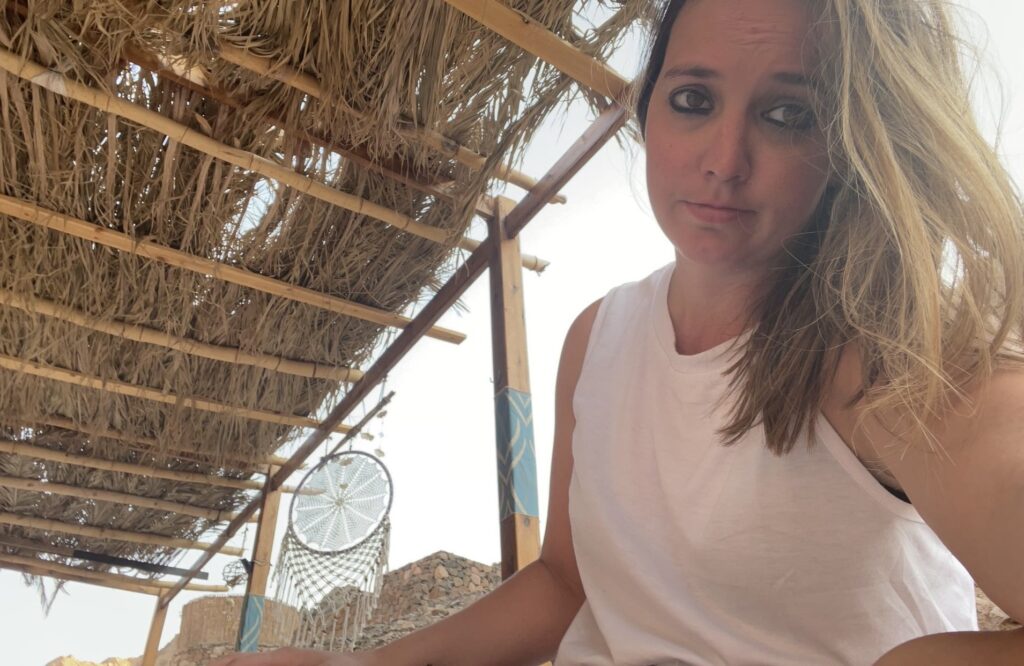
Writers, musicians, painters, and film makers all bring us the human condition through their art. One might think that over time everything that could be said has been said. The number of pop songs and poems written about love, loss, anxiety, and dreams is endless. Yet everyday someone somewhere finds a new way to say what we’re all feeling. Mallory Smart’s new novel I Keep My Visions To Myself follows Stevie, a musician in LA grappling with success and identity. Over the course of a week Stevie has an existential crisis when her band, Electric Stardust, is on the verge of a life-changing decision. Plagued by past relationships, Stevie navigates life’s path with help from her community.
Books of the Month: December 2023
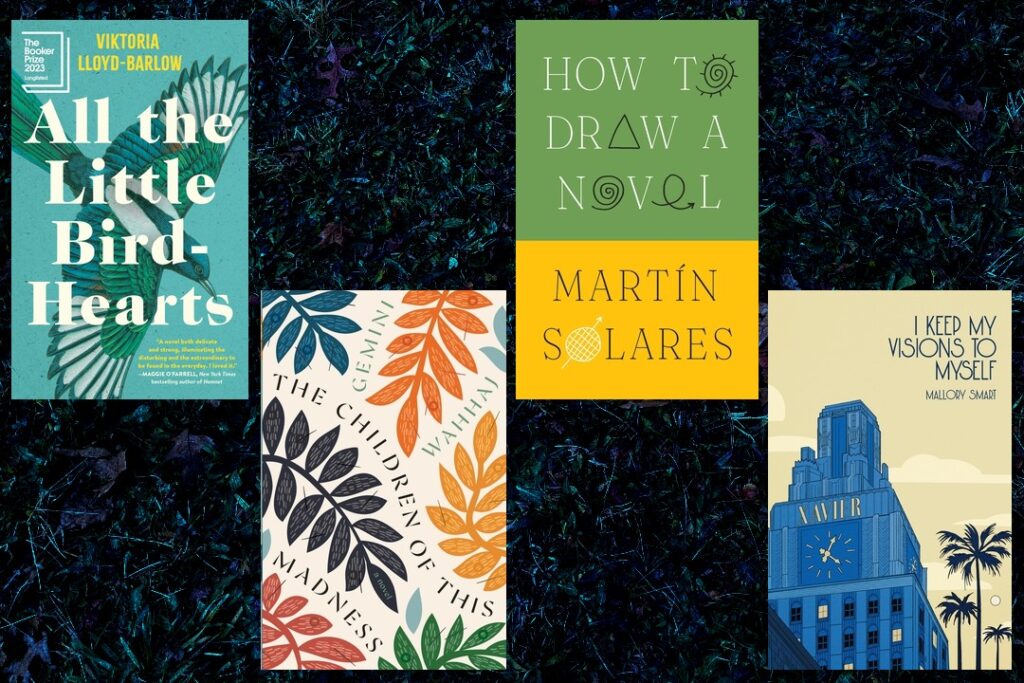
And now it’s December. What does December bring, in literary terms? An interesting array of books, representing a disparate array of styles and approaches to the craft of writing. Do you like short stories? We’ve got you covered. Do you enjoy poetry? There’s some poetry here, too. Throw some literary translations into the mix and you have a solid month for reading — with what might be your next favorite book as this year draws to a close.
Who Writes “The Writer”? Mallory Smart, That’s Who.

When I first heard about the AI program, ChatGPT, I didn’t think too much of it. You type in a question, and it gives you an answer. You give it commands and it responds in kind. I assumed it would be a hyped-up program that would be trendy for a bit then fizzle out, like the AI profile pics I had been seeing. I was wrong, as I often have been about these kind of things (I didn’t think Facebook or Netflix would last very long). Then I saw people posting whole essays written by the program. During a conversation with my brother-in-law, I suddenly saw the potential for writers to use this as a creative new tool. I could write a book much faster. I put that thought on the backburner. Maybe it would be a project for a rainy day. But I knew that this program wasn’t going to fizzle out. Then shortly before the start of the new year, Mallory Smart tweeted that she would be releasing a human/AI collaboration book on New Year’s Eve. My first thought was that the literary world is about to change. My second thought was, I need to talk to Mallory about this.
Morning Bites: Titus Andronicus Interviewed, Saeed Jones on Books, Mallory Smart’s Playlist, and More
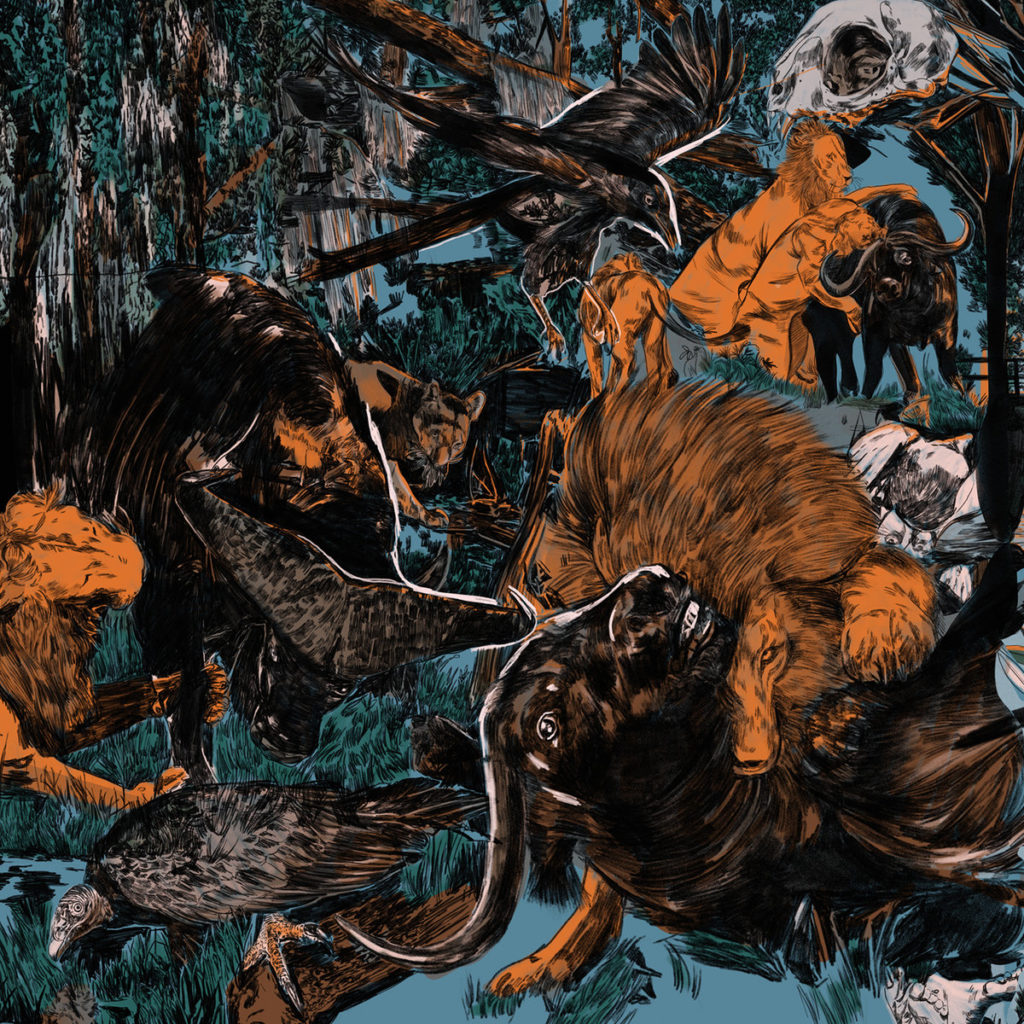
In our morning reading: exploring the new Titus Andronicus album, an interview with Saeed Jones, and more.
Morning Bites: David James Keaton Nonfiction, Matthew Specktor Interviewed, Kaveh Akbar’s Poetry, and More
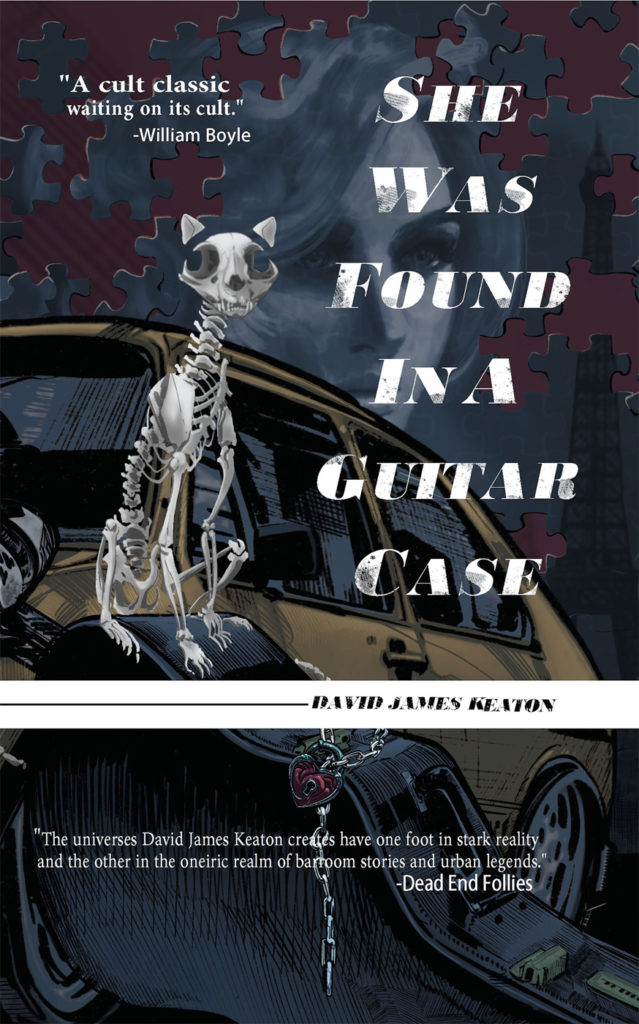
In our morning reading: nonfiction by David James Keaton, an interview with Matthew Specktor, and more.
Currents, an Interview Series with Brian Alan Ellis (Episode 15: Mallory Smart)

Mallory Smart is a Chicago-based writer who works as Editor-in-Chief for Maudlin House. She also talks about music and literature on the Textual Healing podcast, and drinks a lot of coffee.
